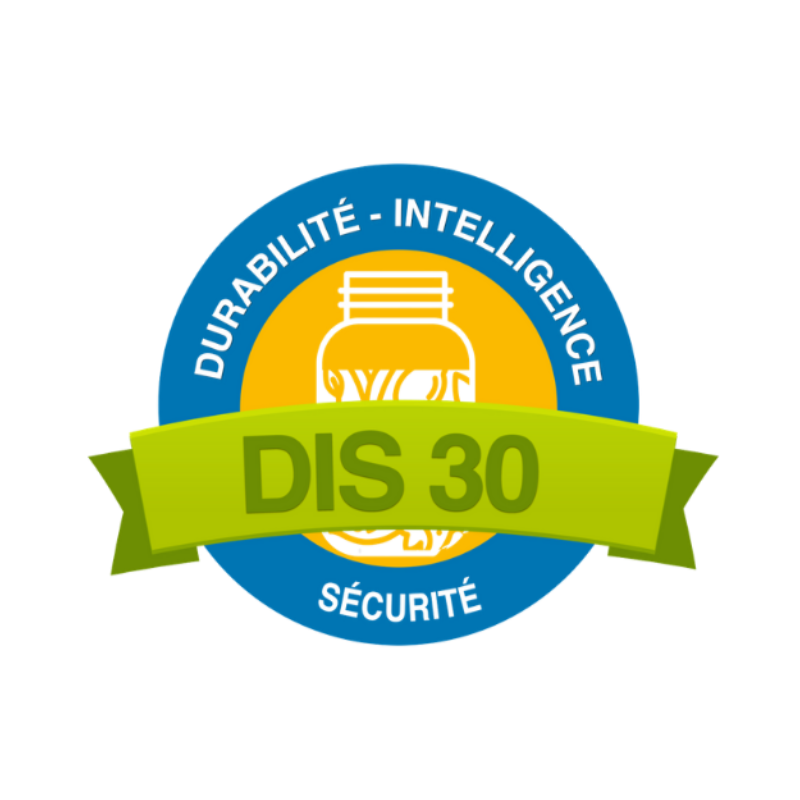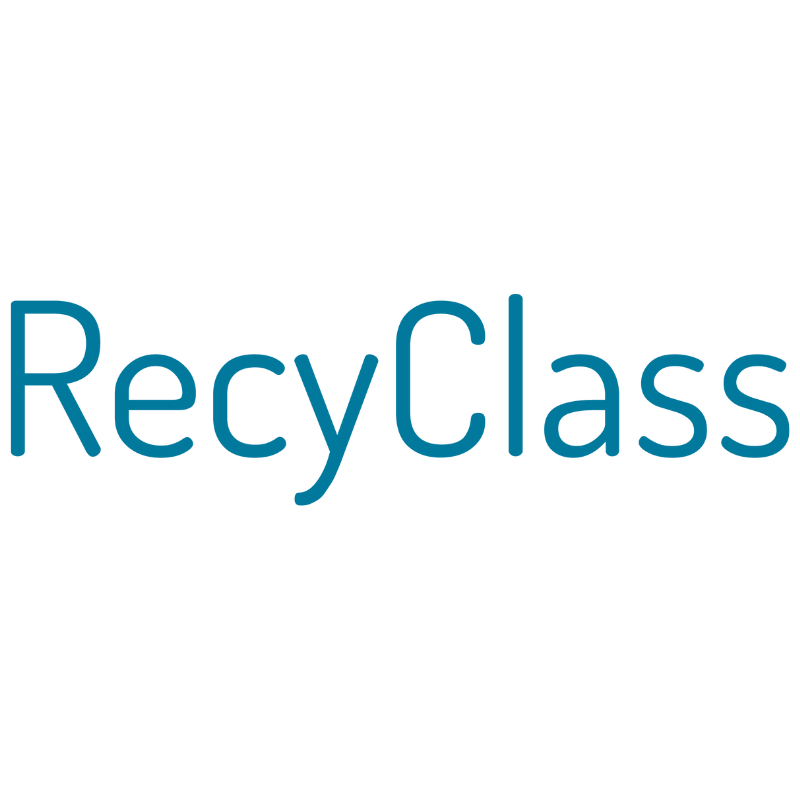We have a pilot recycling line for your rigid and flexible plastics as part of the DIS30 platform (to produce plastics that are Durable, Intelligent and Safe by 2030).

The plastics industry is the target of criticism from environmental organisations and politicians and must tackle significant challenges.
In response, IPC has developed the DIS30 platform, to produce plastics that are Durable, Intelligent and Safe by 2030. The platform is partially funded by the Auvergne-Rhône-Alpes region of France and the European Regional Development Fund (ERDF).
In it, we will set up facilities where innovation, technology and expertise can come together to solve the circular economy challenges faced by the industry’s manufacturers.

IPC boasts a pilot recycling line for flexible and rigid plastics, because recycling is the first step in your company’s circular economy journey.

Pre-treatment and size reduction is peformed using equipments such as :
Flakes are washed and dried :
Materials can be separated by density using static or dynamic flotation bath :
This step, specific for flexible materials, allows densfication of flakes before regeneration (extrusion) :
Recycled material is homogenized dur to filtration and extrusion to pellets :
Many different processing techniques for producing test samples, films, tubes, containers, sheets…
Materials testing and evaluation using laboratory tests and analyses at each stage of recyclability testing.

Test your products and technologies to assess their effective recyclability, and certify your approach with a recognized European label: RecyClass.
Alongside reduction and reuse, the recycling of plastic packaging is one of the keys to the circular economy and progress needs to be made in this area. In France, the authorities have made it simpler for consumers to recycle packaging. Consequently, more and more crisp packets, animal feed bags and bag-in-box pouches find their way to recycling bins, but there is no way to actually recycle them. Often, that is because their compatibility with the recycling systems in place has yet to be tested. To solve this issue, COTREP (Elipso, Valorplast, SRP and Citeo) and the IPC’s specialist technical centre for plastics in Oyonnax (eastern France) have teamed up to build a new facility, the only one of its kind in Europe, to assess the recyclability of household plastic packaging. Watch the video to find out more about this innovation through four key points.
IPC has developed a pilot recycling line for flexible and rigid plastics that can be adapted to each specific problem.